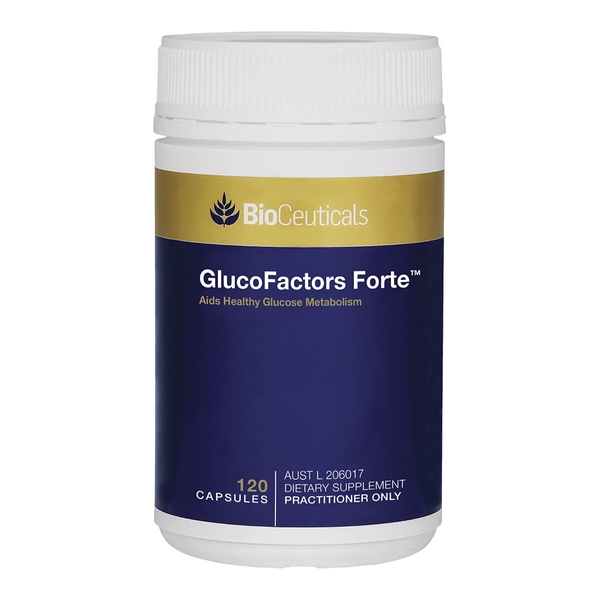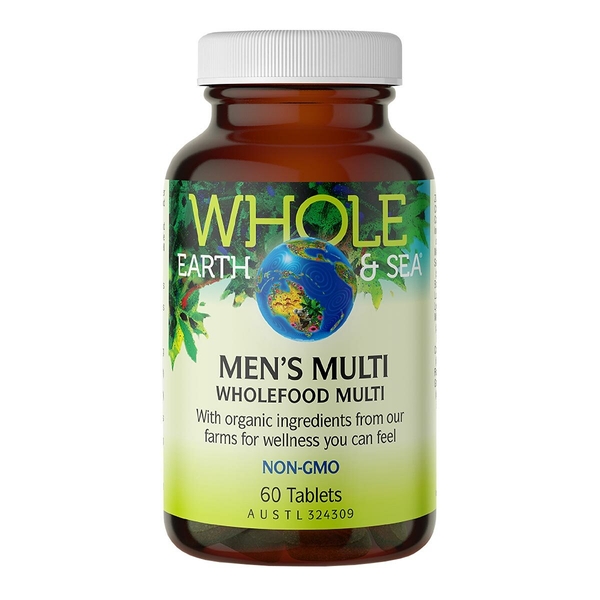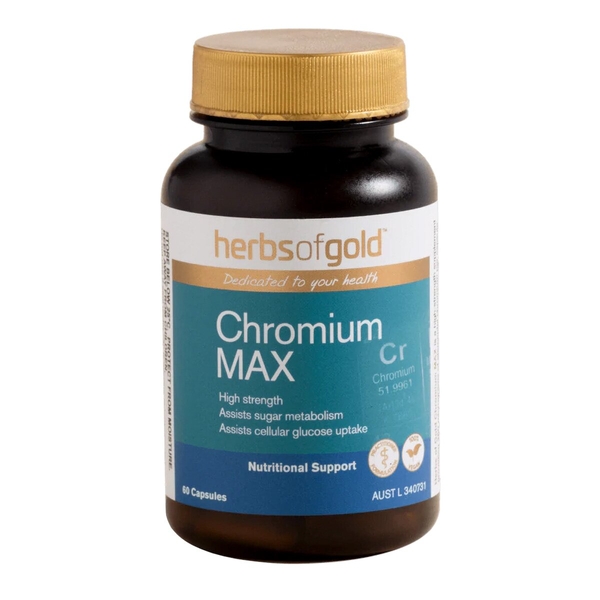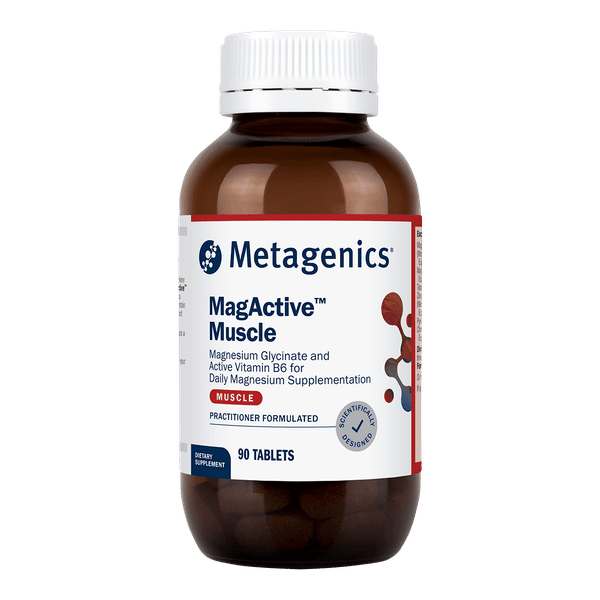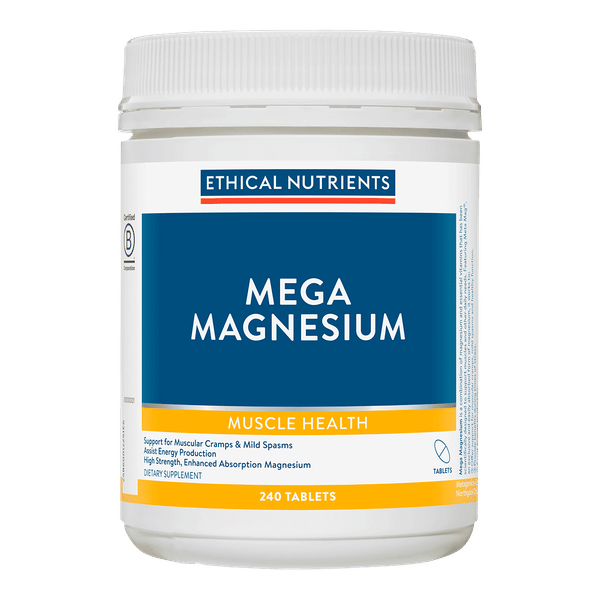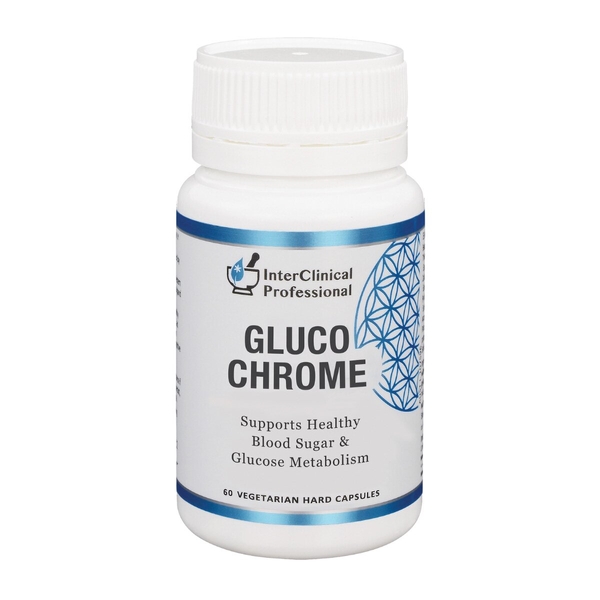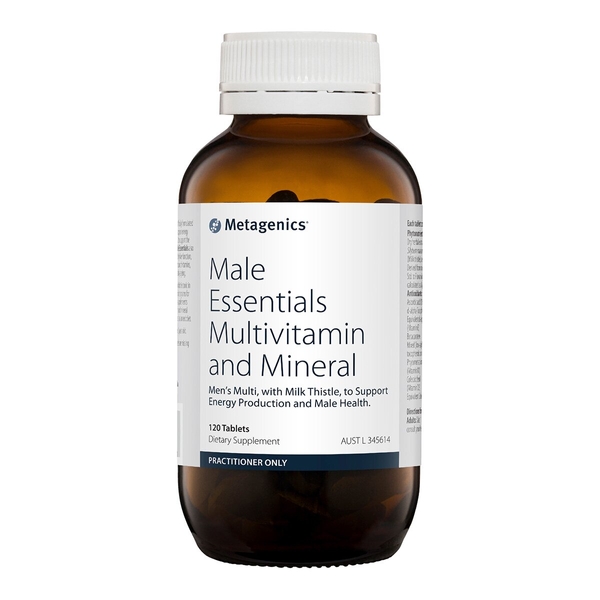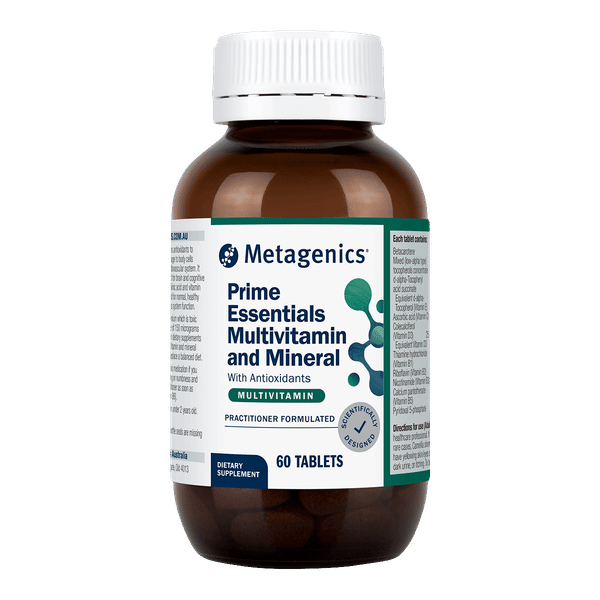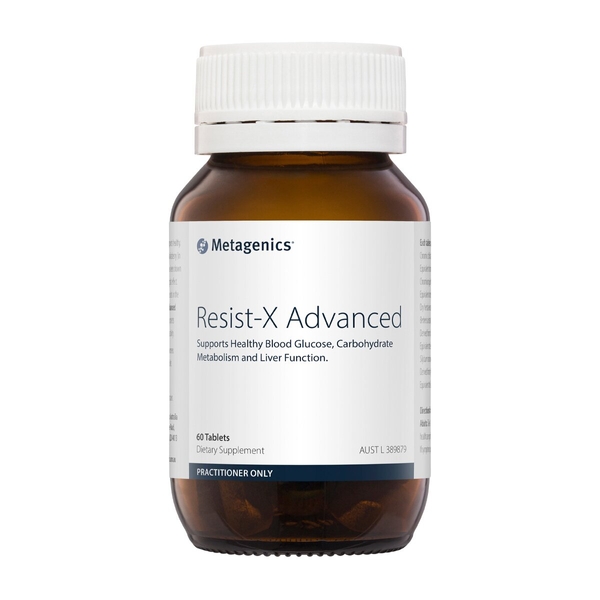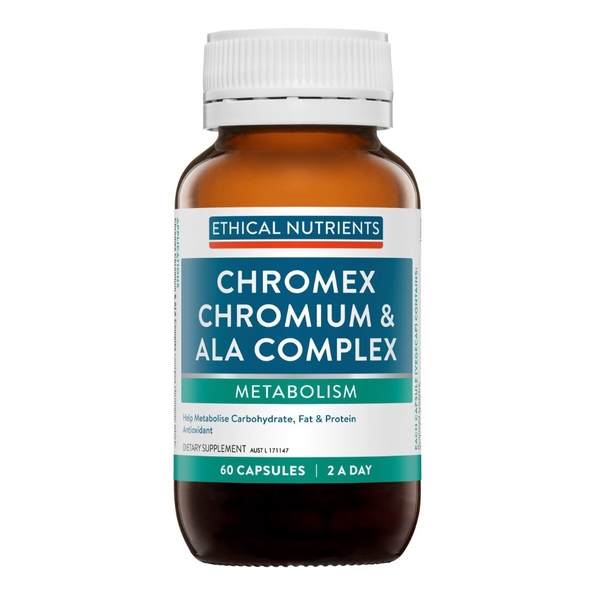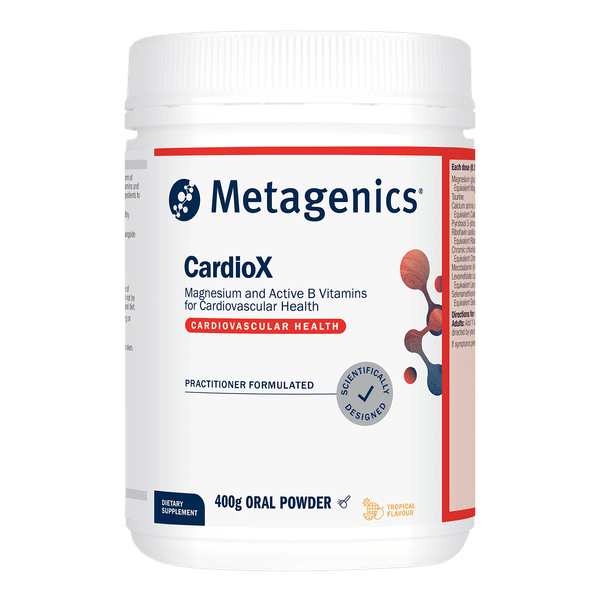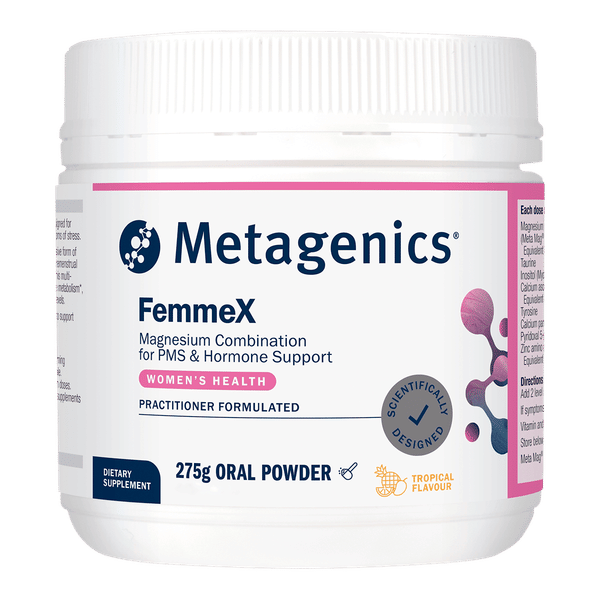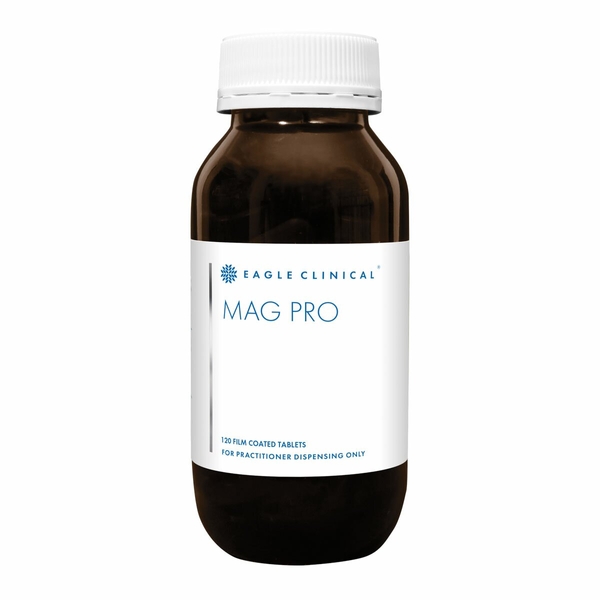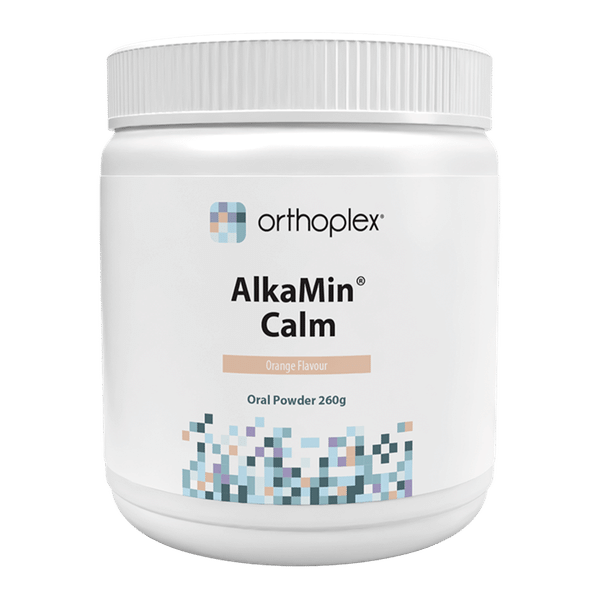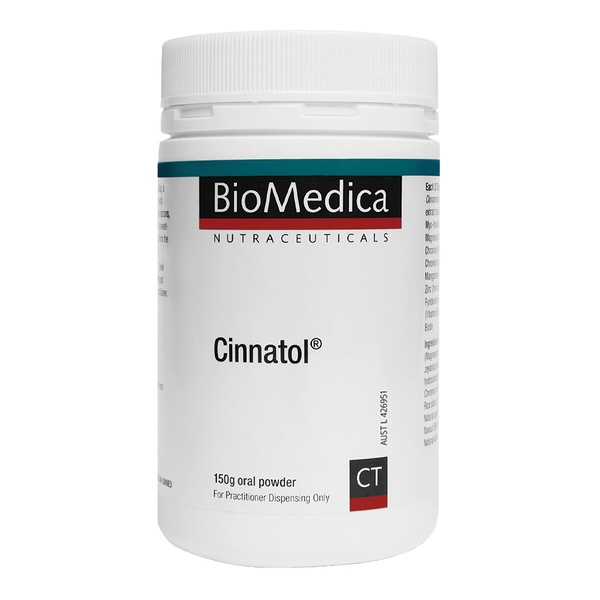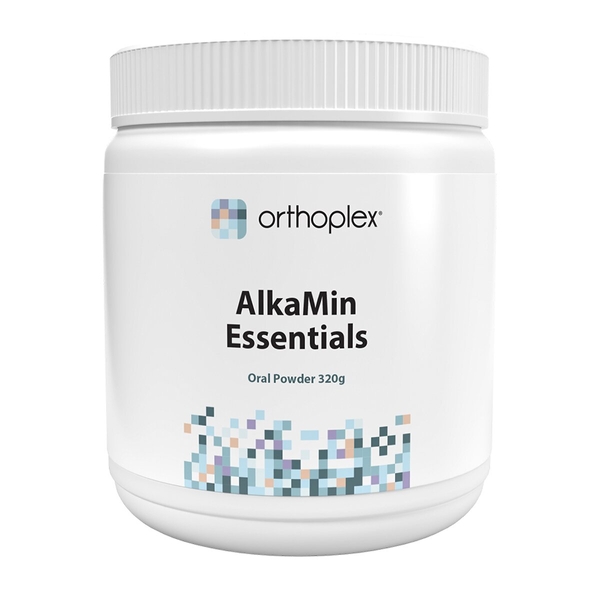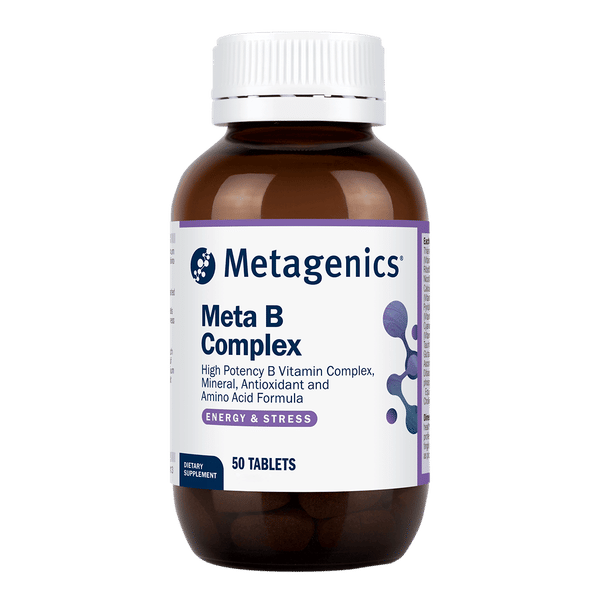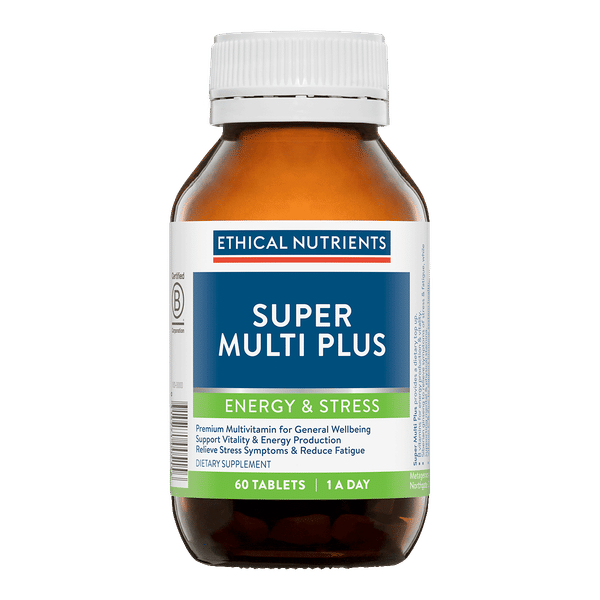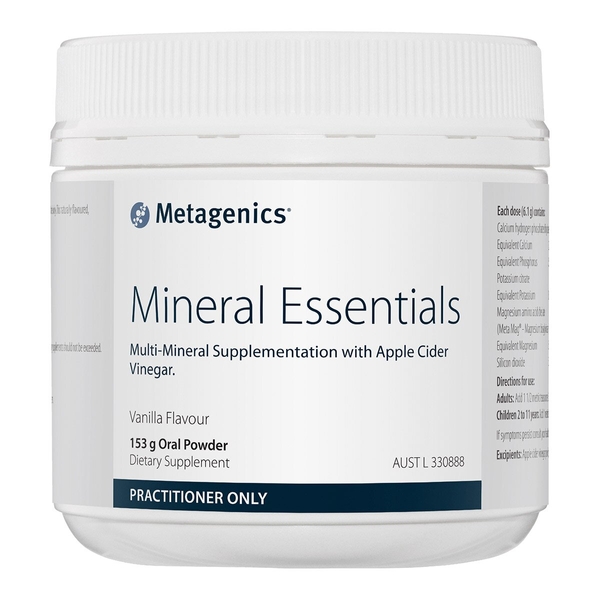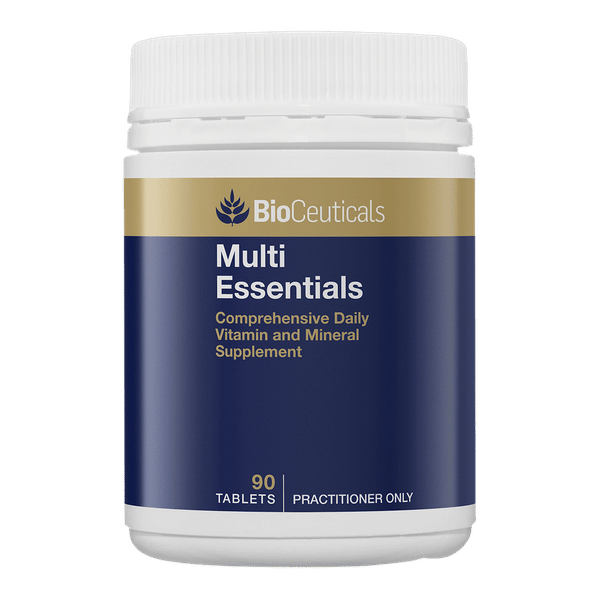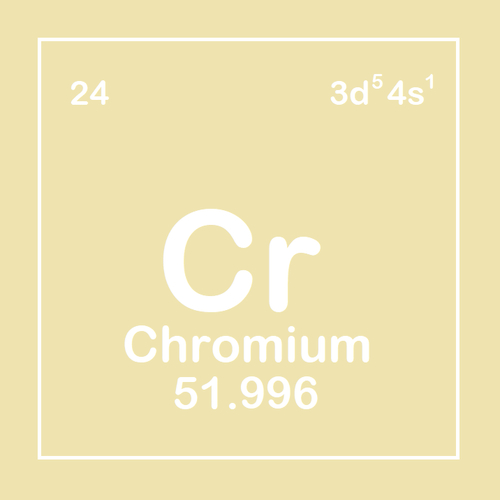
Background
Trivalent chromium is found in foods and supplements. It might help keep blood sugar levels normal by improving the way the body uses insulin.
People use chromium for chromium deficiency. It is also used for diabetes, high cholesterol, athletic performance, bipolar disorder, and many other purposes, but there is no good scientific evidence to support most of these uses.
This topic only covers trivalent chromium, not hexavalent chromium.
Safety Safety definitions
Some people experience side effects such as stomach upset, headaches, insomnia, and mood changes. High doses have been linked to more serious side effects including liver or kidney damage.
Special Precautions & Warnings:
Pregnancy: Chromium is likely safe when taken by mouth in amounts that do not exceed adequate intake (AI) levels. The AI for those 14-18 years old is 28 mcg daily. For those 19-50 years old, it is 30 mcg daily. Chromium is possibly safe to use in amounts higher than the AI levels while pregnant. But don't take chromium supplements during pregnancy unless advised to do so by a healthcare provider.Breast-feeding: Chromium is likely safe when taken by mouth in amounts that do not exceed AI levels. The AI for those 14-18 years old is 44 mcg daily. For those 19-50 years old, it is 45 mcg daily. There isn't enough reliable information to know if taking higher amounts of chromium is safe when breast-feeding. Stay on the safe side and stick with amounts that do not exceed the AI.
Children: Chromium is likely safe when taken by mouth in amounts that don't exceed AI levels. For those 0-6 months old, it is 0.2 mcg; for those 7-12 months old, it is 5.5 mcg; for those 1-3 years old, it is 11 mcg; for those 4-8 years old, it is 15 mcg. For males 9-13 years old, it is 25 mcg; for males 14-18 years old, it is 35 mcg. For females 9-13 years old, it is 21 mcg; for females 14-18 years old, it is 24 mcg. Taking chromium in amounts above the AI level is possibly safe for most children.
Behavioral or psychiatric conditions such as depression, anxiety, or schizophrenia: Chromium might affect brain chemistry and might make behavioral or psychiatric conditions worse.
Chromate/leather contact allergy: Chromium supplements can cause allergic reactions in people with chromate or leather contact allergy. Symptoms include redness, swelling, and scaling of the skin.
Kidney disease: Chromium supplements might cause kidney damage. Don't take chromium supplements if you have kidney disease.
Liver disease: Chromium supplements might cause liver damage. Don't take chromium supplements if you have liver disease.
Effectiveness
- Chromium deficiency. Taking chromium by mouth is effective for preventing chromium deficiency.
- Diabetes. Taking chromium by mouth might improve blood sugar control in some people with type 2 diabetes. Higher chromium doses seem to work better than lower doses. It's not clear if it helps prevent diabetes or improve lipids or blood pressure in people with type 2 diabetes.
- High blood pressure. Taking chromium by mouth does not appear to lower blood pressure.
- Prediabetes. Taking chromium by mouth doesn't help control blood sugar levels in people with prediabetes.
- Schizophrenia. Taking chromium by mouth doesn't affect weight or mental health in people with schizophrenia.
Dosing & administration
Interactions with pharmaceuticals
Aspirin
Interaction Rating=Minor Be watchful with this combination.
Aspirin might increase how much chromium the body absorbs. Taking aspirin with chromium might increase the effects and side effects of chromium.
Insulin
Interaction Rating=Moderate Be cautious with this combination.
Chromium might increase how well insulin works. Taking chromium along with insulin might cause your blood sugar to drop too low. Monitor your blood sugar closely. The dose of your insulin might need to be changed.
Levothyroxine (Synthroid, others)
Interaction Rating=Moderate Be cautious with this combination.
Taking chromium with levothyroxine might decrease how much levothyroxine the body absorbs. This might make levothyroxine less effective. To help avoid this interaction, levothyroxine should be taken 30 minutes before or 3-4 hours after taking chromium.
Medications for diabetes (Antidiabetes drugs)
Interaction Rating=Moderate Be cautious with this combination.
Chromium might lower blood sugar levels. Taking chromium along with diabetes medications might cause blood sugar to drop too low. Monitor your blood sugar closely.
NSAIDs (Nonsteroidal anti-inflammatory drugs)
Interaction Rating=Minor Be watchful with this combination.
NSAIDs might increase chromium levels in the body and increase the risk of adverse effects. Avoid taking chromium supplements and NSAIDs at the same time.
Interactions with herbs & supplements
Herbs and supplements that might lower blood sugar: Chromium might lower blood sugar. Taking it with other supplements with similar effects might lower blood sugar too much. Examples of supplements with this effect include aloe, bitter melon, cassia cinnamon, and prickly pear cactus.
Iron: Chromium can make it hard for the body to use iron. This could lead to iron deficiency in some people. But this is unlikely to happen when people take chromium supplements at the usual doses.
Vitamin C: Using vitamin C along with chromium might increase the amount of chromium absorbed by the body.
Zinc: Using zinc along with chromium might decrease the amount of chromium and zinc that is absorbed by the body.
Interactions with foods
Products
View all products- Chromium picolinate 1.61 mg equiv. chromium 200 μg
- Methylcobalamin (Activated B12) 200 μg
- Calcium ascorbate (Vitamin C) 30.25 mg equiv. ascorbic acid 25 mg
- Cholecalciferol 12.5 μg equiv. vitamin D3 500 IU
- d-alpha-Tocopherol 10 mg
- Zinc citrate 200 mg equiv. zinc 36.6 mg
- Beta-carotene carotenoids (Vitamin A) 3 mg
- Thiamine hydrochloride (Vitamin B1) 1.59 mg equiv. thiamine 1.25 mg
- Riboflavin 5-phosphate sodium (Activated B2) 1.71 mg equiv. riboflavin 1.25 mg
- Nicotinamide (Vitamin B3) 12.5 mg
- Calcium pantothenate (Vitamin B5) 5.46 mg equiv. pantothenic acid 5 mg
- Pyridoxal 5-phosphate (P5P) 2.03 mg equiv. pyridoxine 1.25 mg
- Magnesium ascorbate (Vitamin C) 21.87 mg equiv. ascorbic acid 15.33 mg
- Levomefolate glucosamine (Activated folate) 463 μg equiv. levomefolic acid 250 μg
- Phyllanthus emblica ext. 9.35 mg
- Menaquinone 7 (Vitamin K2) 40 μg
- Calcified lithothamnion (Red algae) 31.52 mg equiv. calcium 9.46 mg
- Magnesium 12.5 mg
- Copper sulfate 2 mg
- Ascophyllum nodosum 18.75 mg
- Manganese gluconate 21.93 mg equiv. manganese 2.5 mg
- Selenomethionine 124.18 μg equiv. selenium 50 μg
- Borax 6.6 mg equiv. boron 750 μg
- Lutein 1 mg
- Lycopene 1 mg
- Silybum marianum ext. 5 mg
- Vaccinium macrocarpon ext. 0.25 mg
- Camellia sinensis ext. 5 mg
- Schisandra chinensis ext. 5 mg
- Arthrospira platensis (Spirulina) 5 mg
- Euterpe oleracea (berry) ext. (Acai) 5 mg
- Chlorella vulgaris 5 mg
- Curcumin (Turmeric) 500 μg
- Zingiber officinale ext. 5 mg
- Laminaria digitara (Kelp) 5 mg
- Citrus sinensis ext. 5 mg
- Cruciferous vegetable blend 25 mg
- Ultra fruit blend 25 mg
- Live vegetable blend 22.5 mg
- Multi herb blend 12.5 mg
- Chromium chloride hexahydrate 1 mg equiv. chromium 200 μg
- Magnesium bisglycinate 1 g equiv. magnesium 100 mg
- Magnesium amino acid chelate 476 mg equiv. magnesium 100 mg
- Pyridoxal 5-phosphate monohydrate (P5P) 15 mg equiv. pyridoxine 9.57 mg
- Zinc bisglycinate (Zinc amino acid chelate) 40 mg equiv. zinc 8 mg
- Chromium chloride hexahydrate 1 mg equiv. chromium 200 μg
- Magnesium amino acid chelate 750 mg equiv. magnesium 150 mg
- Magnesium diglycinate 500 mg equiv. magnesium 50 mg
- Zinc sulphate monohydrate 19 mg equiv. zinc 7 mg
- Pyridoxine hydrochloride (Vitamin B6) 16.6 mg
- Selenomethionine 33 μg equiv. selenium 13 μg
- Chromium chloride hexahydrate 821 μg equiv. chromium 160 μg
- Chromium picolinate 121 μg equiv. chromium 15 μg
- Alpha lipoic acid 33.5 mg
- Nicotinamide (Vitamin B3) 10 mg
- Glutamine 10 mg
- Glycine 10 mg
- Cinnamomum verum ext. 75 mg
- Cysteine hydrochloride monohydrate 10.5 mg equiv. cysteine 7.25 mg
- Ubidecarenone (Coenzyme Q10) 25 mg
- Momordica charantia ext. 100 mg
- Chromium chloride hexahydrate 769 μg equiv. chromium 150 μg
- Ascorbic acid (Vitamin C) 50 mg
- d-alpha-Tocopheryl acid succinate 25 mg equiv. vitamin E 20 mg
- Tocopherols concentrate - mixed (low-alpha type) 2.5 mg
- Cholecalciferol 13 μg equiv. vitamin D3 500 IU
- Co-methylcobalamin (Vitamin B12) 400 μg
- Zinc sulphate monohydrate 55 mg equiv. zinc 20 mg
- Silybum marianum ext. 51 mg
- Phytomenadione (Vitamin K1) 80 μg
- Nicotinamide (Vitamin B3) 100 mg
- Calcium pantothenate (Vitamin B5) 50 mg
- Thiamine hydrochloride (Vitamin B1) 50 mg
- Pyridoxine hydrochloride (Vitamin B6) 30 mg
- Riboflavin (Vitamin B2) 20 mg
- Pyridoxal 5-phosphate (P5P) 5 mg
- Folic acid 400 μg
- Biotin 50 μg
- Calcium hydrogen phosphate dihydrate 258 mg equiv. calcium 60 mg
- Calcium citrate tetrahydrate 142 mg equiv. calcium 30 mg
- Magnesium amino acid chelate 100 mg equiv. magnesium 10 mg
- Potassium phosphate dibasic 78 mg equiv. potassium 35 mg
- Calcium amino acid chelate 50 mg equiv. calcium 10 mg
- Borax 27 mg equiv. boron 3 mg
- Manganese amino acid chelate 16 mg equiv. manganese 2.5 mg
- Molybdenum trioxide 188 μg equiv. molybdenum 125 μg
- Selenomethionine 65 μg equiv. selenium 26 μg
- Potassium iodide 52 μg equiv. iodine 40 μg
- Beta-carotene carotenoids (Vitamin A) 4 mg
- Chromic chloride 769 μg equiv. chromium 150 μg
- Tocopherols concentrate - mixed (low-alpha type) 12 mg
- d-alpha-Tocopheryl acid succinate 123 mg equiv. vitamin E 149 IU
- Ascorbic acid (Vitamin C) 100 mg
- Cholecalciferol 25 μg equiv. vitamin D3 1000 IU
- Co-methylcobalamin (Vitamin B12) 400 μg
- Zinc bisglycinate (Zinc amino acid chelate) 50 mg equiv. zinc 10 mg
- Vitis vinifera ext. 158 mg
- Camellia sinensis ext. 120 mg
- Beta-carotene carotenoids (Vitamin A) 6 mg
- Thiamine hydrochloride (Vitamin B1) 50 mg
- Riboflavin (Vitamin B2) 20 mg
- Nicotinamide (Vitamin B3) 100 mg
- Calcium pantothenate (Vitamin B5) 50 mg
- Pyridoxal 5-phosphate (P5P) 5 mg
- Pyridoxine hydrochloride (Vitamin B6) 30 mg
- Calcium folinate (Activated folate) 433 μg equiv. folinic acid 400 μg
- Biotin 50 μg
- Borax 26 mg equiv. boron 3 mg
- Manganese amino acid chelate 16 mg equiv. manganese 2.5 mg
- Molybdenum trioxide 188 μg equiv. molybdenum 125 μg
- Selenomethionine 188 μg equiv. selenium 75 μg
- Potassium iodide 131 μg equiv. iodine 100 μg
- Chromic chloride hexahydrate 513 μg equiv. chromium 100 μg
- Riboflavin 5-phosphate sodium (Activated B2) 2.7 mg equiv. riboflavin 2 mg
- Co-methylcobalamin (Vitamin B12) 200 μg
- Magnesium bisglycinate 3 g equiv. magnesium 300 mg
- Taurine 3 g
- Calcium amino acid chelate 300 mg equiv. calcium 60 mg
- Pyridoxal 5-phosphate (P5P) 25 mg
- Levomefolate calcium (Activated folate) 163 μg equiv. levomefolic acid 150 μg
- Selenomethionine 125 μg equiv. selenium 50 μg
- Chromic chloride hexahydrate 513 μg equiv. chromium 100 μg
- Magnesium bisglycinate 3 g equiv. magnesium 300 mg
- Taurine 1.5 g
- Myo-inositol 1 g
- Calcium ascorbate dihydrate (Vitamin C) 605 mg equiv. ascorbic acid 500 mg
- L-tyrosine 250 mg
- Calcium pantothenate (Vitamin B5) 50 mg
- Pyridoxine hydrochloride (Vitamin B6) 25 mg equiv. pyridoxine 15.97 mg
- Mecobalamin (Vitamin B12) 200 μg
- Levomefolate calcium (Activated folate) 216 μg equiv. levomefolic acid 200 μg
- Potassium iodide 98 μg equiv. iodine 75 μg
- Zinc bisglycinate (Zinc amino acid chelate) 30 mg equiv. zinc 6 mg
- Selenomethionine 62.5 μg equiv. selenium 25 μg
- Chromic chloride hexahydrate 513 μg equiv. chromium 100 μg
- Magnesium citrate 928.2 mg equiv. magnesium 150 mg
- Taurine 300 mg
- Potassium phosphate dibasic 55.7 mg equiv. potassium 25 mg
- Pyridoxal 5-phosphate monohydrate (P5P) 19.6 mg equiv. pyridoxine 12.5 mg
- Zinc citrate dihydrate 23.4 mg equiv. zinc 7.5 mg
- Chromium chloride hexahydrate 507 µg equiv. chromium 100 µg
- Magnesium citrate 1.94 g equiv. magnesium 300 mg
- Potassium citrate 553 mg equiv. potassium 200 mg
- Calcium citrate 1.82 g equiv. calcium 400 mg
- Zinc citrate dihydrate 77.9 mg equiv. zinc 25 mg
- Selenomethionine 78 µg equiv. selenium 31.5 µg
- Taurine 3 g
- Glycine 2 g
- Calcium ascorbate dihydrate (Vitamin C) 1.22 g equiv. ascorbic acid 1 g equiv. calcium 114 mg
- Thiamine hydrochloride (Vitamin B1) 25.4 mg equiv. thiamine 20 mg
- Riboflavin 5-phosphate sodium (Activated B2) 13.2 mg equiv. riboflavin 10 mg
- Nicotinamide (Vitamin B3) 25 mg
- Calcium pantothenate (Vitamin B5) 32.8 mg equiv. pantothenic acid 30 mg equiv. calcium 2.73 mg
- Pyridoxal 5-phosphate monohydrate (P5P) 78.4 mg equiv. pyridoxine 50 mg
- Biotin 500 µg
- Molybdenum trioxide 90 µg equiv. molybdenum 60 µg
- Menaquinone 7 (Vitamin K2) 45 µg
- Chromic chloride hexahydrate 385.1 μg equiv. chromium 75 μg
- Chromium picolinate 199.9 μg equiv. chromium 25 μg
- Cinnamomum verum ext. 167.5 mg
- Inositol 2 g
- Magnesium citrate 970.8 mg equiv. magnesium 150 mg
- Manganese sulphate monohydrate 6.2 mg equiv. manganese 2 mg
- Zinc citrate dihydrate 31.1 mg equiv. zinc 10 mg
- Pyridoxine hydrochloride (Vitamin B6) 25 mg equiv. pyridoxine 20.6 mg
- Biotin 1.5 mg
- Chromic chloride hexahydrate 307.2 µg equiv. chromium 59.2 µg
- Potassium citrate 276 mg equiv. potassium 100 mg
- Calcium citrate 2.07 g equiv. calcium 500 mg
- Magnesium citrate 1.85 g equiv. magnesium 300 mg
- Zinc citrate dihydrate 31.1 mg equiv. zinc 10 mg
- Selenomethionine 75.2 µg equiv. selenium 30.4 µg
- Molybdenum trioxide 90.4 µg equiv. molybdenum 60 µg
- Menaquinone 7 (Vitamin K2) 90.4 µg
- Chromium nicotinate 500 μg equiv. chromium 50 μg
- Thiamine hydrochloride (Vitamin B1) 56 mg
- Pyridoxine hydrochloride (Vitamin B6) 50 mg equiv. pyridoxine 41 mg
- Riboflavin (Vitamin B2) 30 mg
- Cyanocobalamin (Vitamin B12) 400 μg
- Nicotinamide (Vitamin B3) 220 mg
- Calcium pantothenate (Vitamin B5) 105 mg
- Taurine 125 mg
- L-glutamine 100 mg
- Ascorbic acid (Vitamin C) 75 mg
- Potassium phosphate dibasic 71 mg equiv. potassium 32 mg
- Choline bitartrate 50 mg
- Lecithin 50 mg
- L-lysine 50 mg
- Calcium hydrogen phosphate dihydrate 52 mg equiv. calcium 12 mg
- Magnesium citrate 44 mg equiv. magnesium 7.1 mg
- Zinc sulphate monohydrate 41 mg equiv. zinc 15 mg
- Tocopherols concentrate - mixed (low-alpha type) (Vitamin E) 15 mg
- Borax 4.4 mg equiv. boron 500 μg
- Folic acid 395 μg
- Selenomethionine 62.5 μg equiv. selenium 25 μg
- Manganese amino acid chelate 113 μg equiv. manganese 18 μg
- Biotin 50 μg
- Potassium iodide (Iodine) 45.8 μg equiv. iodine 35 μg equiv. potassium 11 μg
- Copper gluconate 43 μg equiv. copper 6 μg
- Cholecalciferol 1 μg
- Iron bisglycinate 50 mg equiv. iron 10 mg
- Beta-carotene 5 mg
- Chromium nicotinate 500 μg equiv. chromium 50 μg
- Ascorbic acid (Vitamin C) 200 mg
- Pyridoxine hydrochloride (Vitamin B6) 50 mg
- d-alpha-Tocopheryl acid succinate (Vitamin E) 41 mg equiv. d-alpha-tocopherol 34 mg
- Folic acid 500 μg
- Cholecalciferol 10 μg equiv. vitamin D3 400 IU
- Zinc amino acid chelate 25 mg equiv. zinc 5 mg
- Mecobalamin (Vitamin B12) 500 μg
- Eleutherococcus senticosus ext. 133 mg
- Calcium pantothenate (Vitamin B5) 75 mg
- Citrus bioflavonoids extract 8.3 mg
- Thiamine hydrochloride (Vitamin B1) 50 mg
- Riboflavin (Vitamin B2) 50 mg
- Nicotinamide (Vitamin B3) 50 mg
- Choline bitartrate 25 mg
- Inositol 25 mg
- Manganese amino acid chelate 10 mg equiv. manganese 1.6 mg
- Borax 8.8 mg equiv. boron 1 mg
- Beta-carotene carotenoids (Vitamin A) 5 mg
- Potassium iodide 65 μg equiv. iodine 50 μg
- Selenomethionine 65 μg equiv. selenium 26 μg
- Biotin 50 μg
- Silybum marianum ext. 29 mg
- Calcium hydrogen phosphate dihydrate 429 mg equiv. calcium 100 mg
- Magnesium amino acid chelate 150 mg equiv. magnesium 30 mg
- Iron amino acid chelate 25 mg equiv. iron 5 mg
- Potassium phosphate dibasic 4.5 mg equiv. potassium 2 mg
- Copper gluconate 1.2 mg equiv. copper 170 μg
- Chromium nicotinate 500 µg equiv. chromium 50 µg
- Calcium hydrogen phosphate dihydrate 1.4 g equiv. calcium 325 mg equiv. phosphorus 251 mg
- Potassium citrate 415 mg equiv. potassium 150 mg
- Selenomethionine 250 µg equiv. selenium 100 µg
- Magnesium bisglycinate 1.5 g equiv. magnesium 150 mg
- Zinc bisglycinate (Zinc amino acid chelate) 50 mg equiv. zinc 10 mg
- Silicon dioxide 50 mg
- Manganese amino acid chelate 31 mg equiv. manganese 5 mg
- Borax 8.8 mg equiv. boron 1 mg
- Potassium iodide 196 µg equiv. iodine 150 µg
- Molybdenum trioxide 180 µg equiv. molybdenum 120 µg
- Iron bisglycinate 50 mg equiv. iron 10 mg
- Chromium nicotinate 416.67 μg equiv. chromium 50 μg
- Ascorbic acid (Vitamin C) 100 mg
- d-alpha-Tocopheryl acid succinate 82.64 mg equiv. vitamin E 100 IU
- Tocopherols concentrate - mixed (low-alpha type) 14.7 mg
- Retinol acetate 431.2 μg equiv. vitamin A 375 μgRE
- Cyanocobalamin (Vitamin B12) 400 μg
- Cholecalciferol 2.5 μg equiv. vitamin D3 100 IU
- Zinc amino acid chelate 50 mg equiv. zinc 10 mg
- Thiamine hydrochloride (Vitamin B1) 50 mg
- Riboflavin (Vitamin B2) 50 mg
- Nicotinamide (Vitamin B3) 200 mg
- Calcium pantothenate (Vitamin B5) 100 mg equiv. pantothenic acid 91.6 mg equiv. calcium 8.39 mg
- Pyridoxine hydrochloride (Vitamin B6) 50 mg equiv. pyridoxine 41.14 mg
- Folic acid 400 μg
- Biotin 100 μg
- Phytomenadione (Vitamin K1) 30 μg
- Borax 8.82 mg equiv. boron 1 mg
- Calcium citrate 237 mg equiv. calcium 50 mg
- Copper gluconate 1.43 mg equiv. copper 200 μg
- Magnesium oxide - heavy 41.46 mg equiv. magnesium 25 mg
- Manganese amino acid chelate 5 mg equiv. manganese 1 mg
- Molybdenum trioxide 113 μg equiv. molybdenum 75 μg
- Selenomethionine 64.58 μg equiv. selenium 26 μg
- Citrus bioflavonoids extract 50 mg
- Choline bitartrate 50 mg equiv. choline 20 mg
- Myo-inositol 50 mg
- Beta-carotene carotenoids (Vitamin A) 4 mg

